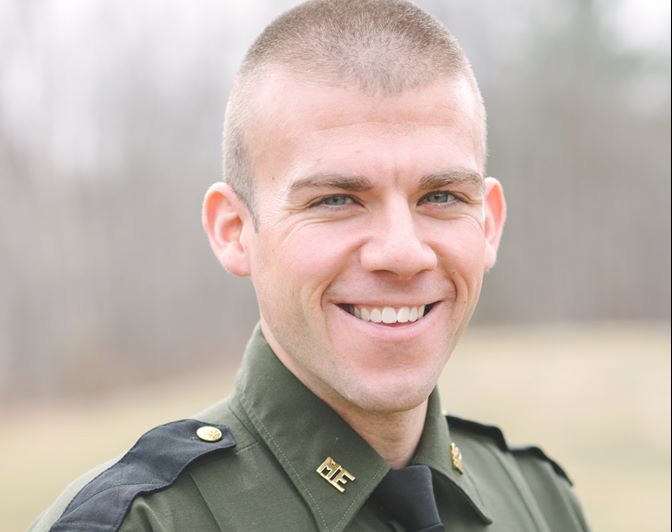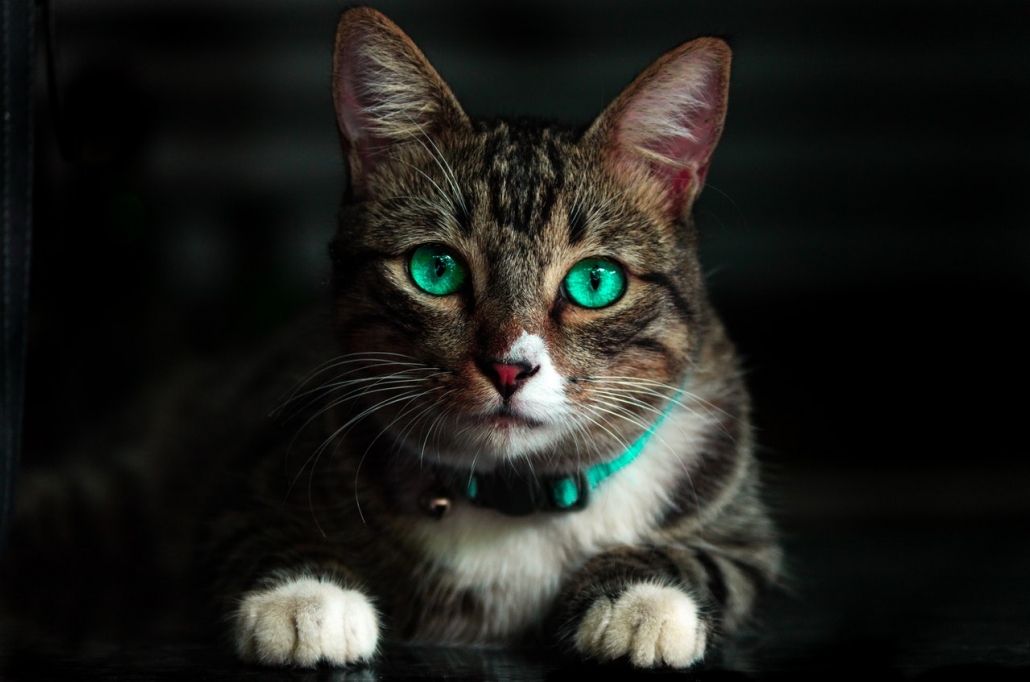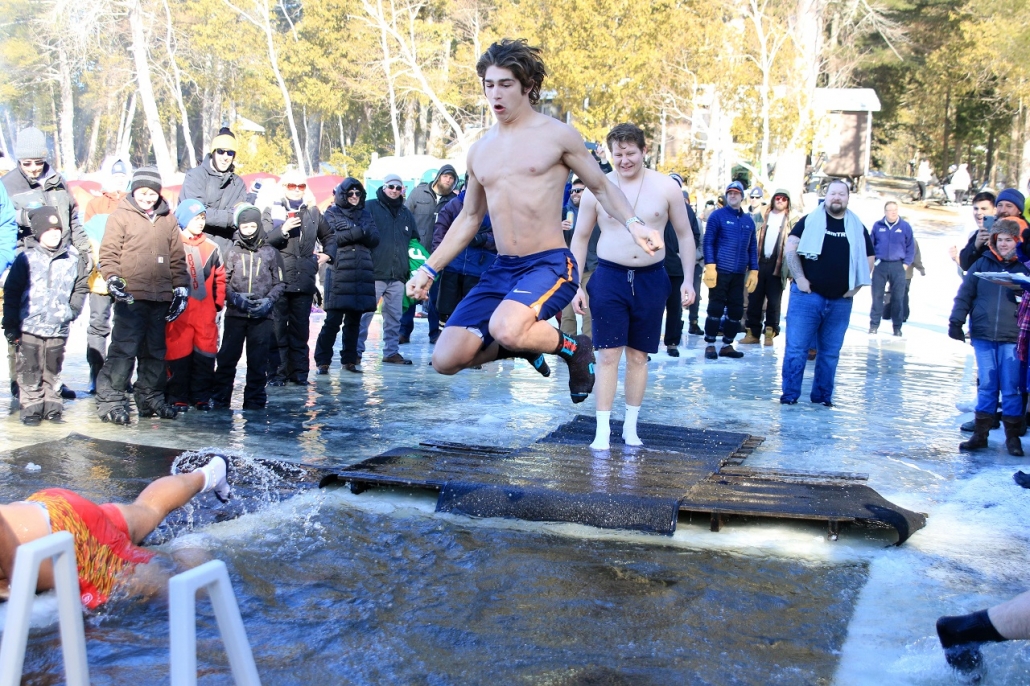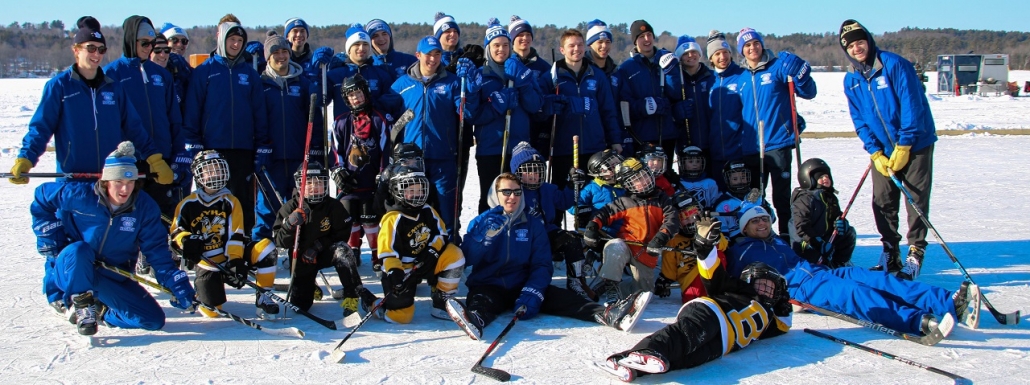
Petty Officer Second Class Trevor Lovely (photo by Mass Communication Specialist 1st Class Tim Miller)
by Alvin Plexico, Navy Office of Community Outreach
SAN DIEGO — Three years ago, Petty Officer 2nd Class Trevor Lovely joined the Navy because his family has a tradition of military service.
“Most of my family were in the Marines,” said Lovely. “I knew I wanted to join the military, but wanted something a little different, which is why I joined the Navy.”
Today, Lovely is serving aboard USS Boxer, stationed in San Diego.
Lovely is a fire controlman responsible for working on the data systems that provide information to the weapons required to defend the ship.
“Fixing something that is broken feels really nice,” said Lovely. “It’s very satisfying seeing an issue that needs to be resolved and knowing that you’re able to make a difference with the people you work with.”
Lovely is a 2014 Winslow High School graduate and native of Winslow, Maine.
According to Lovely, the values required to succeed in the Navy are similar to those found in Winslow.
“I learned that being in the Navy is one big team,” said Lovely. “Growing up playing sports I learned the importance of working with others as part of a team.”
With more than 90 percent of all trade traveling by sea, and 95 percent of the world’s international phone and internet traffic carried through fiber optic cables lying on the ocean floor, Navy officials continue to emphasize that the prosperity and security of the United States is directly linked to a strong and ready Navy.
Boxer is an amphibious assault ship that has recently returned from a Western Pacific-Indian Ocean-Persian Gulf deployment. It is the sixth ship to carry the name Boxer.
Amphibious assault ships are used to transfer Marines, equipment and supplies and can support helicopters or other aircraft. They also are capable of accessing 75% of the world’s beaches.
According to Admiral Mike Gilday, the Chief of Naval Operations, the focus of today’s Navy is squarely on warfighting, warfighters and the capabilities needed for the Navy of the future.
“I am confident we will maximize the Navy we have today while delivering the Navy that our nation will rely upon tomorrow,” said Gilday. “And we will do so with urgency. Our fleet will be a potent, formidable force that competes around the world every day, deterring those who would challenge us while reassuring our allies and partners.”
There are many opportunities for sailors to earn recognition in their command, community and careers. Lovely is most proud of his ship’s completion of a deployment and recent inspection.
“During our deployment, we visited a lot of places, like Thailand, Okinawa and Guam,” said Lovely.
For Lovely, serving in the Navy is a tradition passed down from generations and one Lovely hopes to continue.
“My dad and uncle served in the Marines and my stepbrother is currently in the Navy,” said Lovely. “Carrying on a military tradition is definitely something to be proud of, and in the future, I hope that my children or grandchildren will decide to do the same.”
As a member of the U.S. Navy, Lovely, as well as other sailors, know they are a part of a service tradition providing unforgettable experiences through leadership development, world affairs and humanitarian assistance. Their efforts will have a lasting effect around the globe and for generations of sailors who will follow.
“Serving in the Navy is something I’ll remember forever,” said Lovely. “I’ve had a lot of great experiences, and I’m definitely a better individual based on my service.”
Trevor is the son of Randy Lovely, and his wife Robin, and Amy LeClair, and husband Mark, all of Winslow; sister to Bethanie Lovely, of Winslow; and grandson of Trudy Lovely, of Waterville.






 The DAR is a nonprofit, non-political volunteer women’s service organization dedicated to promoting historic preservation, education and patriotism. Our motto is: “God, Home & Country.” We have 3,000 chapters in all 50 states and Washington, D.C. , and in several countries. Over one million women have joined the DAR since it was founded.
The DAR is a nonprofit, non-political volunteer women’s service organization dedicated to promoting historic preservation, education and patriotism. Our motto is: “God, Home & Country.” We have 3,000 chapters in all 50 states and Washington, D.C. , and in several countries. Over one million women have joined the DAR since it was founded. Empty Bowls has been a fundraiser at Messalonskee High School for the past several years. The purpose of this project is to raise money for local food pantries. It’s also about raising awareness about some of our community members who are struggling to provide food for their families.
Empty Bowls has been a fundraiser at Messalonskee High School for the past several years. The purpose of this project is to raise money for local food pantries. It’s also about raising awareness about some of our community members who are struggling to provide food for their families.



 SAFETY ON THE ROAD
SAFETY ON THE ROAD


